This was written by a fantastic local mom who experienced two very different breastfeeding relationships when her little ones were born. We wanted to share it with you to show the difference a supportive community and a little encouragement can make when a parent struggles to breastfeed. If you are experiencing similar struggles, please seek help! There may be some minor changes that can make monumental differences as you begin nursing your little one.
Beverly's Story...
As a new mom in 2015, I pictured the first few days of being a breastfeeding mom as a perfect little clip straight out of a fairy tale: my little girl and I, snuggled up under blankets, her gently taking my breast, like a dainty little fawn, as I smile gently down at her, drinking up her cuteness, while the husband makes us a cup of nice tea, and all would be right with the world.
Needless to say, this is NOT how nature makes it. And all those movies and fairy tales? LIES. All LIES.
Breastfeeding is NOT easy. And being thrown into it, with a fussy baby who treated my nipples like they were a block of cheese dropped in front of a mouse hole, I was lost. I felt I didn't have the support I needed, and within a few short weeks, I found myself with no milk supply left and having to feel defeated, moving directly to formula.
Fast forward to this year, getting ready to birth my second daughter in March. This time, I was DETERMINED to pull through and get through the pain and agony. But the one weapon I had this time, going in, was knowledge and support! I knew what to expect the first hours, days, and weeks going in. I set up my calendar with all the breastfeeding support groups I could find. I had my mothers milk tea all ready to use. I had also let my friends and family know my choices and gathered the support from them. And best of all, I had a good friend get me in contact with a personal Doula, that would come into my home and help me transition into the life of two young girls.
Even with all the knowledge and expectancy I had with my second that I didn't have with my first, I still had bumps in the road. I would find bad pain during nursing, or find my supply dropping at certain times. It wasn't as easy as I thought, even with a more knowledgeable mindset. But the big difference is, I found that I could always reach out to my doula for any advice, words of wisdom, or just an ear to listen to me vent about my sleepless nights. And without fail, every time I reached out for support, I would see a very noticeable difference in whatever issue I was having within 24 hours. (I think these guys are magicians.)
The best advice I can give? Always know that you are already doing your best by reaching out for support. Don't try and fight the battle of breastfeeding alone in your little cave of pain and torture, we mamas have ALL been there, and you are never alone! Athens is an awesome town for breastfeeding moms, and it is super easy to find support if you look for it! The doulas here are even more awesome because they don't try and take on everything by themselves, they will also help you out by letting you know about other groups and classes that are full of mamas having the exact same issues as you!
So, what do you think? If you've breastfed a baby, try to remember back to those early days... the schedule, the discomfort, the steep learning curve. What was helpful to you and helped you push through? What do you think would have been helpful?
Thanks for reading! Feel free to comment and share.
Love,
Becca
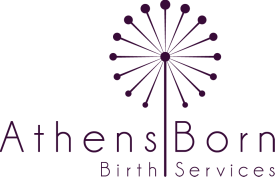





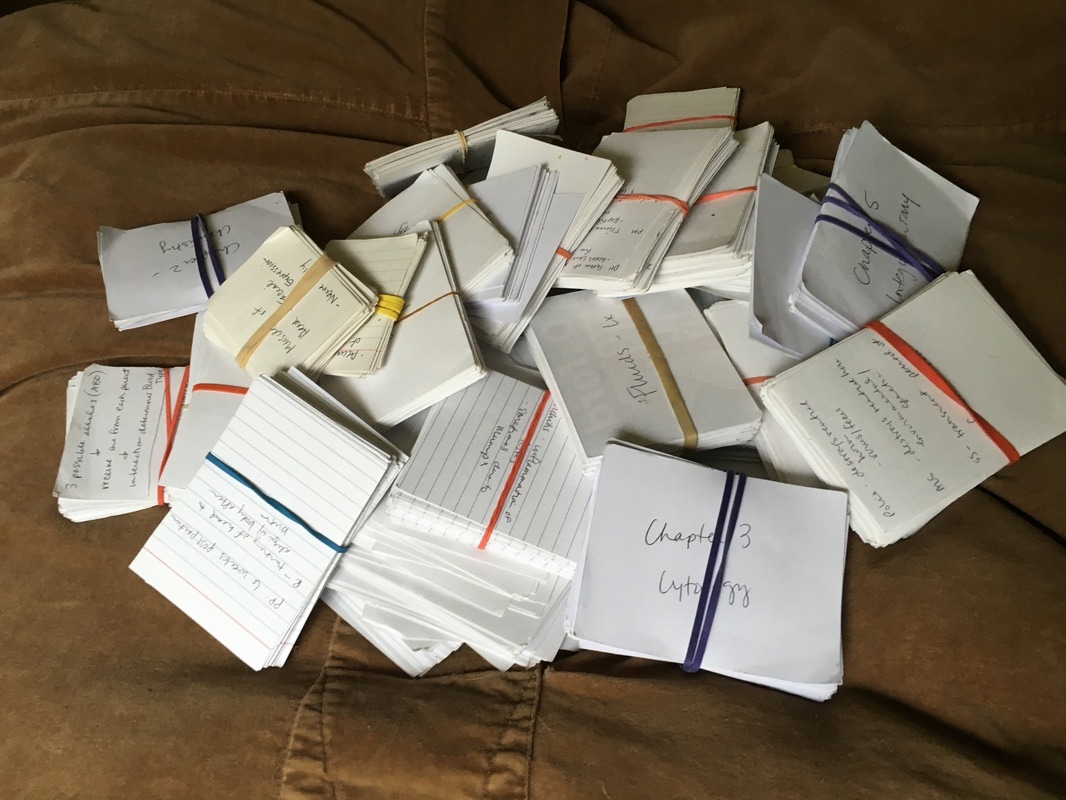

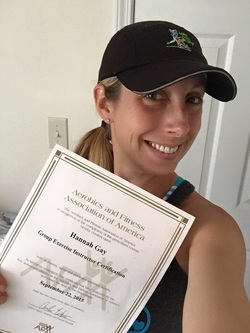
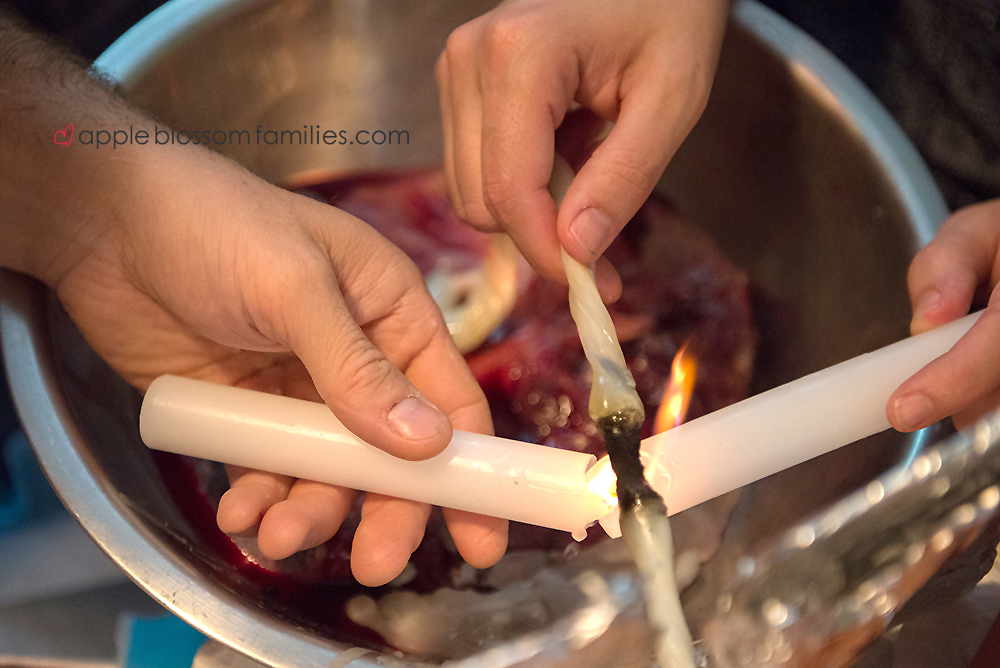
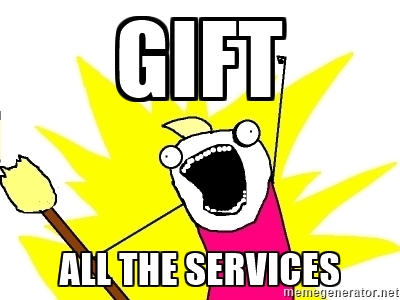


 RSS Feed
RSS Feed

